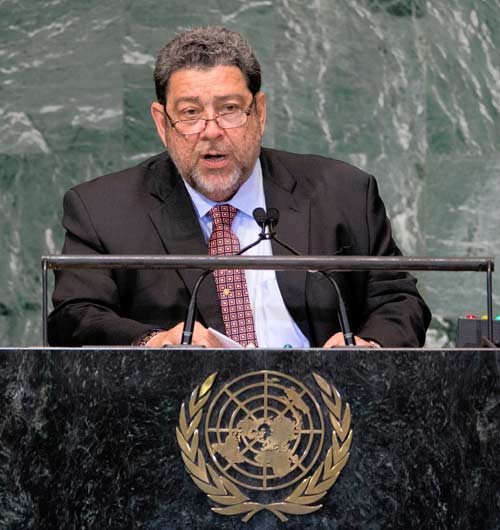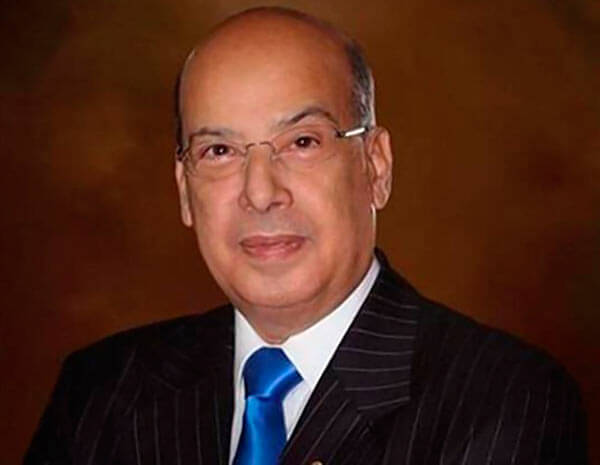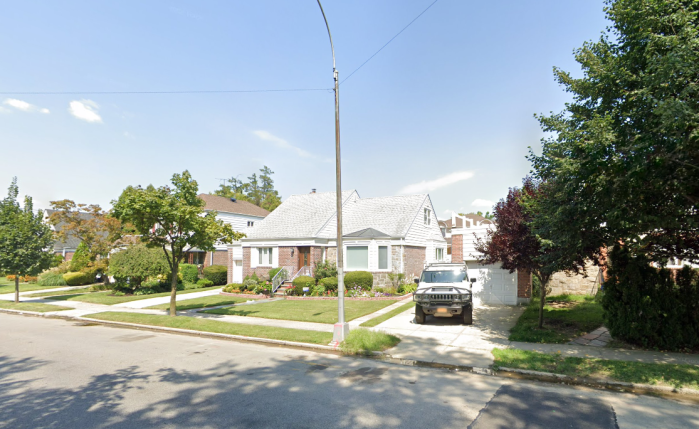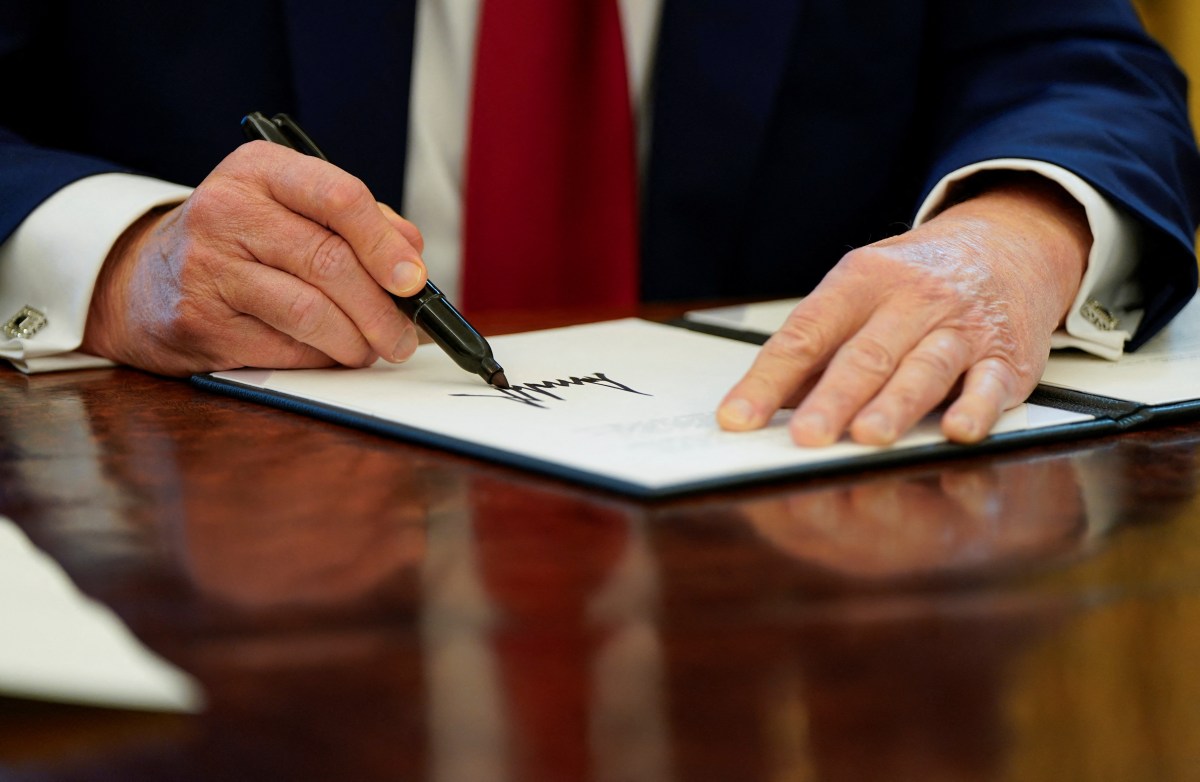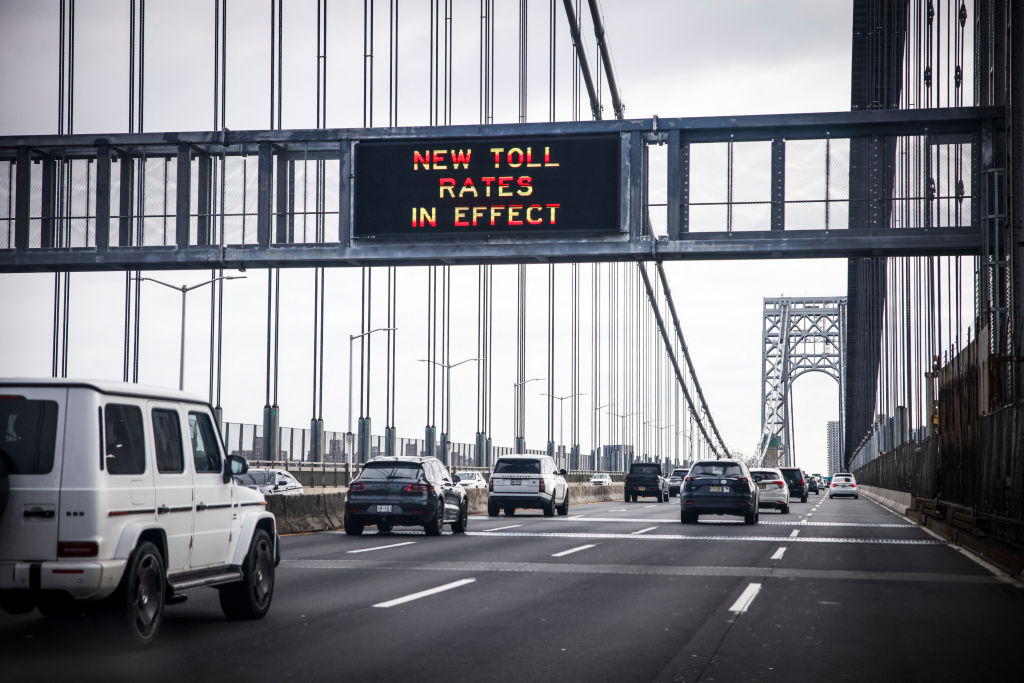Years of pressure from human rights activists, regional Rastafarians certainly not excluded, Caribbean trade bloc governments are going ahead with a decision to seek monetary and other forms of compensation from Britain and other European colonial powers for the horrors of the Transatlantic slave trade and have organized a key three-day planning meeting in St. Vincent beginning on Sunday, an announcement on Monday said.
The meeting will be the first major follow-up of a decision taken by Caribbean leaders at the main annual summit in Trinidad in July to pursue European slave trading nations for compensation or reparations as it is most commonly called.
Vincentian Prime Minister Ralph Gonsalves who has been one of the leading campaigners of the regional effort against the European nations, returned home from trade-bloc secretariat headquarters in Guyana on Tuesday after holding talks with Guyana government and Caribbean Community officials on a range of matters including reparations.
The meeting will bring together national reparations committees which were formed around the bloc after the early July leaders summit, civil society, known activists for reparations, regional universities and Caribbean nations, based outside the region the bloc said, noting that this “approach would be to hold a development conversation and to use all reasonable avenues to reach an amicable solution” with former slave trading powers like Spain, Portugal, France and The Netherlands, among others.
The leaders had taken a “unanimous” decision to fight for reparations at the meeting in Trinidad according to the final communiqué issued after the meeting.
Governments have been under increasing pressure from non-governmental groups to place their political weight behind demands for compensation. Gonsalves said in a recent speech that if all governments rally behind the NGO movement on the issue “it is going to be difficult to touch us.”
Caricom said that most member states are expected to send delegations to the conference, the first major one since the decision was taken to fight at the political level in July.
Activists and prominent regional figures like Guyana-born former Antiguan ambassador to London, Sir Ronald Sanders, have pointed to the fact that Britain, for example, was forced to pay slave owners millions in compensation for being forced to release African slaves after abolition, while not a single cent was paid to those who were brutalized and enslaved.
Familiar names like Barclays and Lloyds, commercial banks and the Bank of Scotland got their wealth from the slave trade, Sanders argues, pointing to the work of respected regional academic Sir Hilary Beckles, who noted that, “British citizens were socially empowered by the white supremacy culture so effectively institutionalized on a global scale by slave owners.’”
Beckles argued that to compensate angry slave owners, Britain in the 19th century borrowed £20 million which is Sterling £76 B or US$117 billion, at today’s value, from the Rothschild Banking Empire. The sum amounted to about 40 per cent of the country’s Gross Domestic Product at the time, he said, and bemoaned the fact that not a cent was paid to the enslaved.
—


